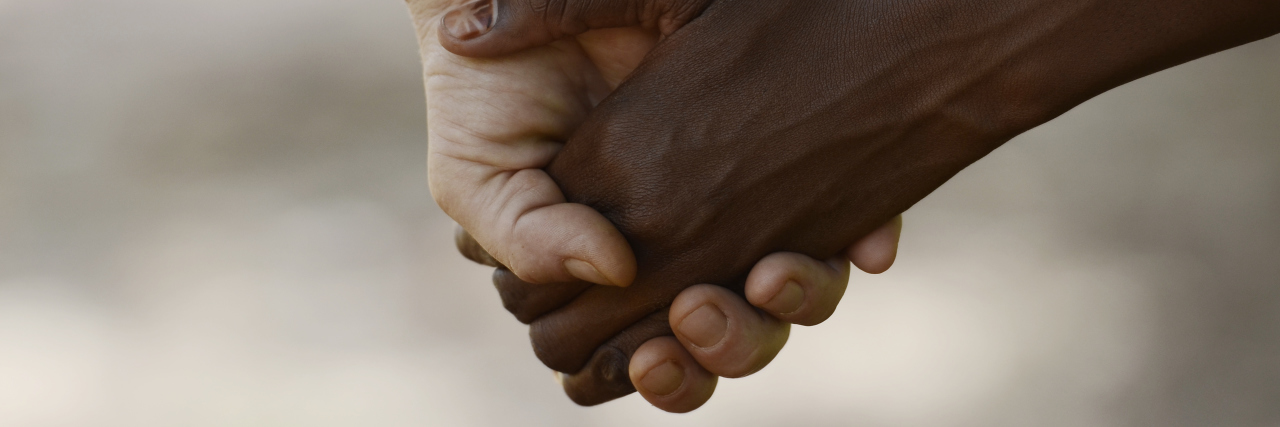National Aboriginal Day is coming up in a few weeks this month, but Canada decided to show its appreciation a little bit early, by welcoming a new program called “Mino Ayaa Ta Win” (Helping Ourselves Heal) in order to help the 10 surrounding First Nations Communities in Northwestern Ontario.
According to a press release issued by Ontario’s Ministry of Health and Long-Term Care, Ontario is investing approximately $2 million into the program that will consist of a new mental health and addictions wellness centre opening in Fort Frances.
One of the main benefits of the program and the newly renovated facility is that the traveling time will be reduced for those located at Fort Frances and the Rainy River District, where patients can receive “culturally appropriate treatment and medically supervised detox services.”
With this new program, services to be provided include holistic adult mental health counseling, substance use treatment/services and onsite mental health and addiction counselors will also be available for monitoring and counseling. There will also be 10 treatment beds that will serve up to 16 people per month.
With Helping Ourselves Heal, Ontario is attempting to improve and increase its mental health services to the First Nations community as a step forward in keeping its commitment to working, healing and reconciling with the Indigenous community.
And why is this important? One of the main reasons for celebrating National Aboriginal Day on June 21st is to recognize “the existing rights of the Aboriginal peoples of Canada,” as stated from the Constitution of Canada.
And with the stigma of mental health and lack of resources and services for those who struggle with mental illnesses, the Aboriginal peoples struggle with even more neglect and lack of assistance.
Just last year in March, a Manitoba First Nation Community with a population of 8,300 declared a state of emergency when six suicides within two months were committed and 140 suicide attempts in two weeks. The nursing station in the reserve only had two nurses staffed overnight. And when a meeting was called with the Manitoba Health Minister, only one mental health worker was sent to the community.
Acting Chief Shirley Robinson told the Globe and Mail that after an apology was issued, “There was a sense of hope, but that quickly vanished.”
The root causes of suicide included poverty, overcrowding households and abuse. And while these continuing issues will take years to resolve (if it can even be resolved), the one thing that First Nations Communities shouldn’t have to wait for is hope — hope for better resources, hope for assistance and hope for “helping ourselves heal.”
If you or someone you know needs help, visit our suicide prevention resources page.
If you need support right now, call the National Suicide Prevention Lifeline at 1-800-273-8255, the Trevor Project at 1-866-488-7386 or reach the Crisis Text Line by texting “START” to 741-741.
We want to hear your story. Become a Mighty contributor here.
Getty image via borgogniels

